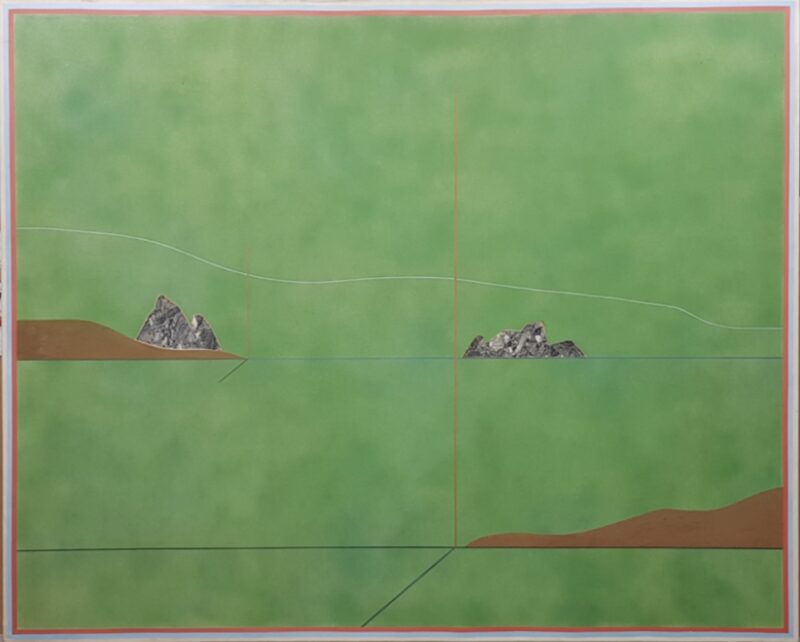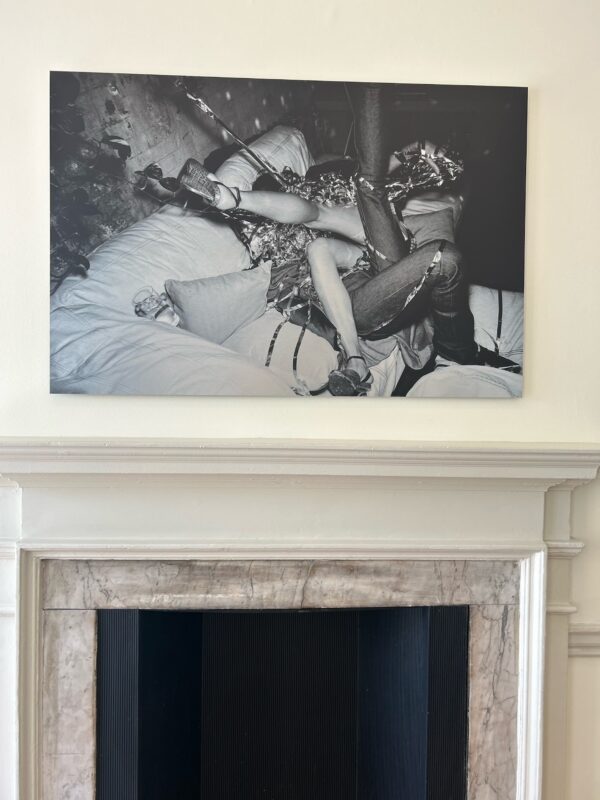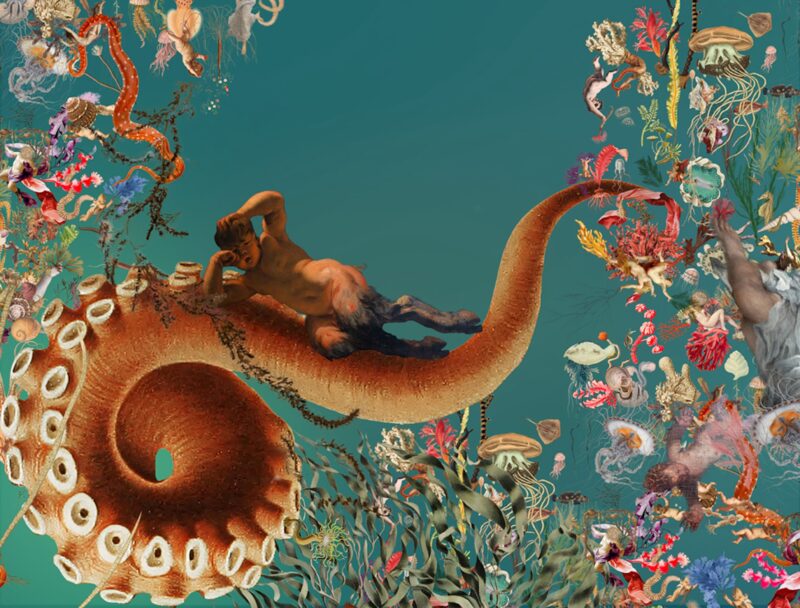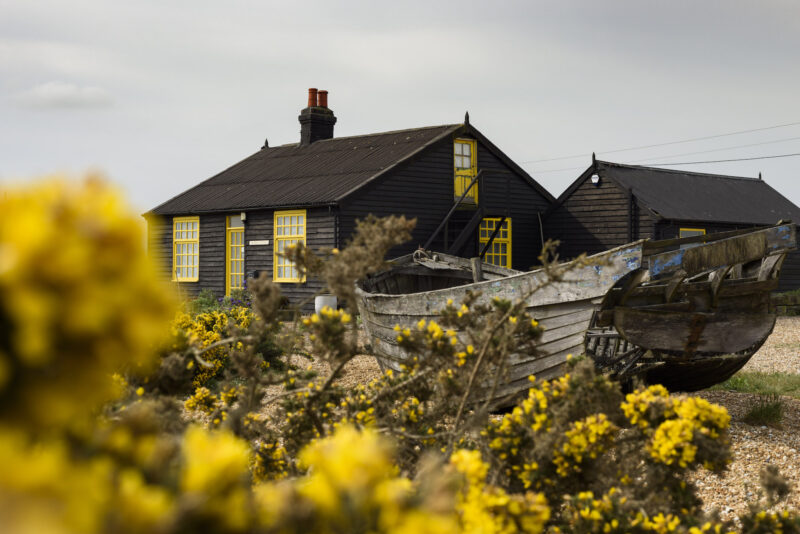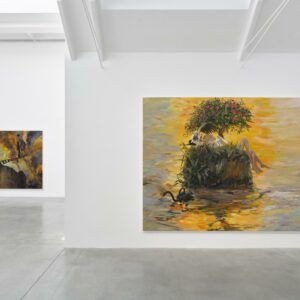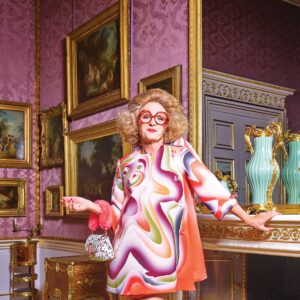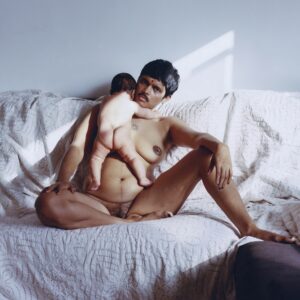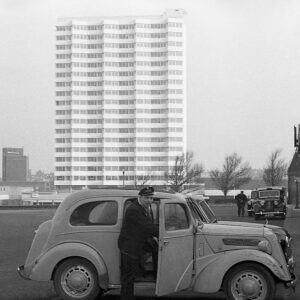Blue is the universal love in which man bathes — it is the terrestrial paradise … Blue is darkness made visible … Blue of my heart … Blue of my dreams … blue of the long dried paint … The fathomless blue of Bliss. O Blue ascend.
— fragments from Derek Jarman, Blue, 1993
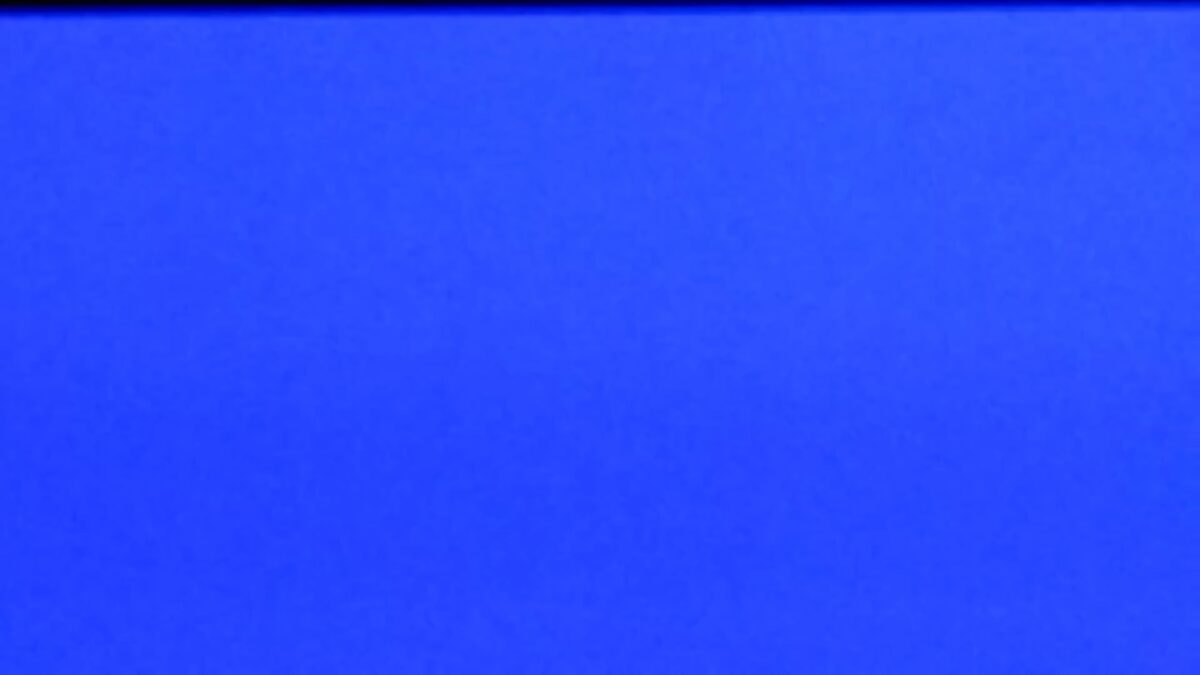
It’s hard, dare I say impossible, to compete with the prose of Derek Jarman (1942 – 1994). Indeed, it’s hard to compete with any of the artist, film maker, costume and stage designer, writer, poet, gardener, gay rights activist’s work. Jarman’s cultural productions do not scream, nor shout, nor resort to spectacular stage shows. Acting through subtlety and shadows, his poetic works stretch out and assemble fragments of sensation to communicate a feeling so beyond this world; through Jarman, the personal acts as gateway to the sublime in all its colourations. Sorry, I am getting away with myself.
It’s hard, dare I say impossible to compete with the prose of Derek Jarman. The most we can do is weave for ourselves an intimate environment to be with the traces this earth-bound angel left for us before his heavenly return. For a long time the sanitary of my bedroom has been my place of choice for such accompaniment. Tucked up, warm in my sheets, pencil at the ready, here I have become the reader witness and note-i-ly receiver of Jarman’s word, allowing his apparitional voice to move me beyond the flat truths of day and to see the human connectedness of life otherwise case deep in shadow. Held, I am reminded of something Oscar Wilde wrote in 1891, something about the dreamer who, in finding his way by moonlight, is able to see the dawn before the rest of us. Jarman was such a dreamer; he was a generous dreamer, relaying his moon-kissed visions of dawn through his multiform life practice — his practice of love, to cite Gillian Rose. Not meekly aspiring to awaken us, Jarman sought to change the constitutive conditions flattening the sensual world by making moments of living extra vivid, vital. Reader, I do not mean to write through such grand claims, the intimacy of Jarman’s corpus gets me carried away and I encourage you to spend time with this body in order to see something of what I mean. And even if you know Jarman, his work is always in need of returning to, especially at moments of social haemorrhage.
And so, it seems fitting that now, sum 30-years after his passing, Jarman’s final film Blue (1993) has been given a new lease of life.
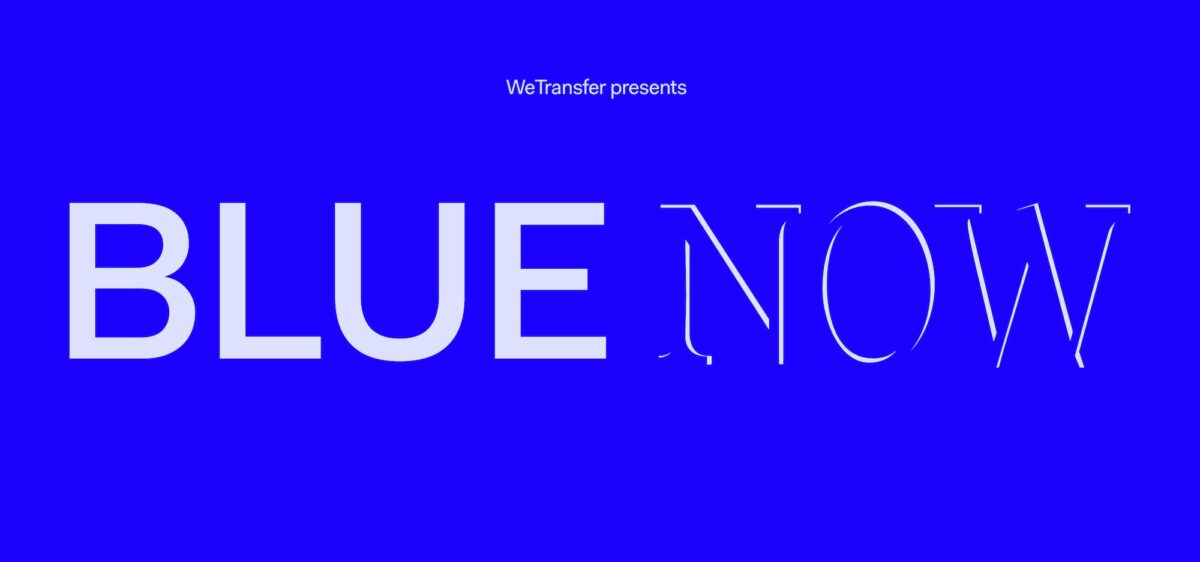
To call Blue Now (2024) a ‘live performance’ of Blue is perhaps to dress this interpretation with theatrical associations. Keeping close to the original film — visually a plain expanse of celestial blue accompanied by a hovering soundtrack and Jarman’s own voice — Neil Bartlett’s multi-bodied reimagining is a minimal elegy. At Tramway (Glasgow), Blue Now features a cast of four actors — Travis Alabanza, Jay Bernard, Joelle Taylor and Russel Tovey — each draped in a spotlight of faded blue. Sitting before an all enveloping zero state sea screen of chicory, the four take it in turns to speak sections from Jarman’s original script. They speak apart, yet their differing accents weave together formally echoing the fragmented nature of the original verse as well as the narrative’s morality — Blue is a film where Jarman reflects on his own AIDS-related illness, his journey through medical care towards death, as well as memorialising the loved ones lost to the virus; the film is a deeply personal convening of life moments operating on the political. Accompanying the dawning quartet, Bartlett’s production includes a new score, created by Simon Fisher Turner, of the original sound track, performed on the cello by Lucy Railton. I am conscious I do not want to give too much away, time is fleeting, perhaps the best way to describe Railton’s bow-work is as a proprioceptive flutter, something softly body moving — it is of note that at Tramway the melody oxygenating this performance is beautifully translated through British Sign Language interpreter Karen Forbes.
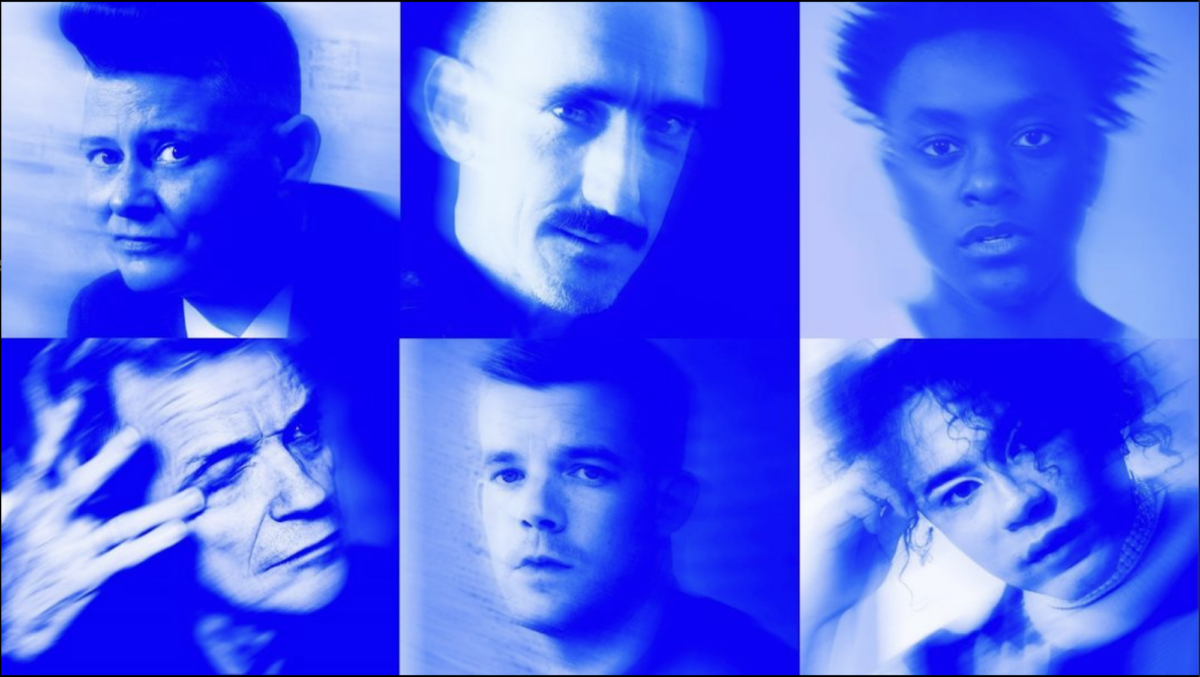
Blue foretells of a becoming death, one eclipsed by the cold light of day. Blue Now embraces Jarman’s shadow, working through the dreamery of his activist voice to create a ‘space for compassion, rage and poetry in the face of prejudice and oppression’, to quote the press release. Blue Now felt special. I was moved by the performance, caught up in this moonlit moment, left wanting more — you should go dear reader. Returning home, tucked up in bed with the 2023 book that contains the original film’s script, I have to say nothing speaks to me with the same level of enduring intimacy as this faded copy of Blue.
Saturday 2nd November, Tramway, Glasgow Also, Sunday 1st December, Southbank Centre, London, and Sunday 8th December, Aviva Studios Manchester.
Blue Now, in this live event version, was commissioned by WePresent by WeTransfer, first presented by WeTransfer in association with Fuel and Basilisk Communications, and originally produced by Fuel. This production was produced by James Mackay, and is co-presented in Glasgow by The Hunterian, University of Glasgow and Tramway. The performance was a part of the programme for Digging In Another Time: Derek Jarman’s Modern Nature, an exhibition at the Hunterian Art Gallery (Glasgow) that runs until 4th May 2025.
